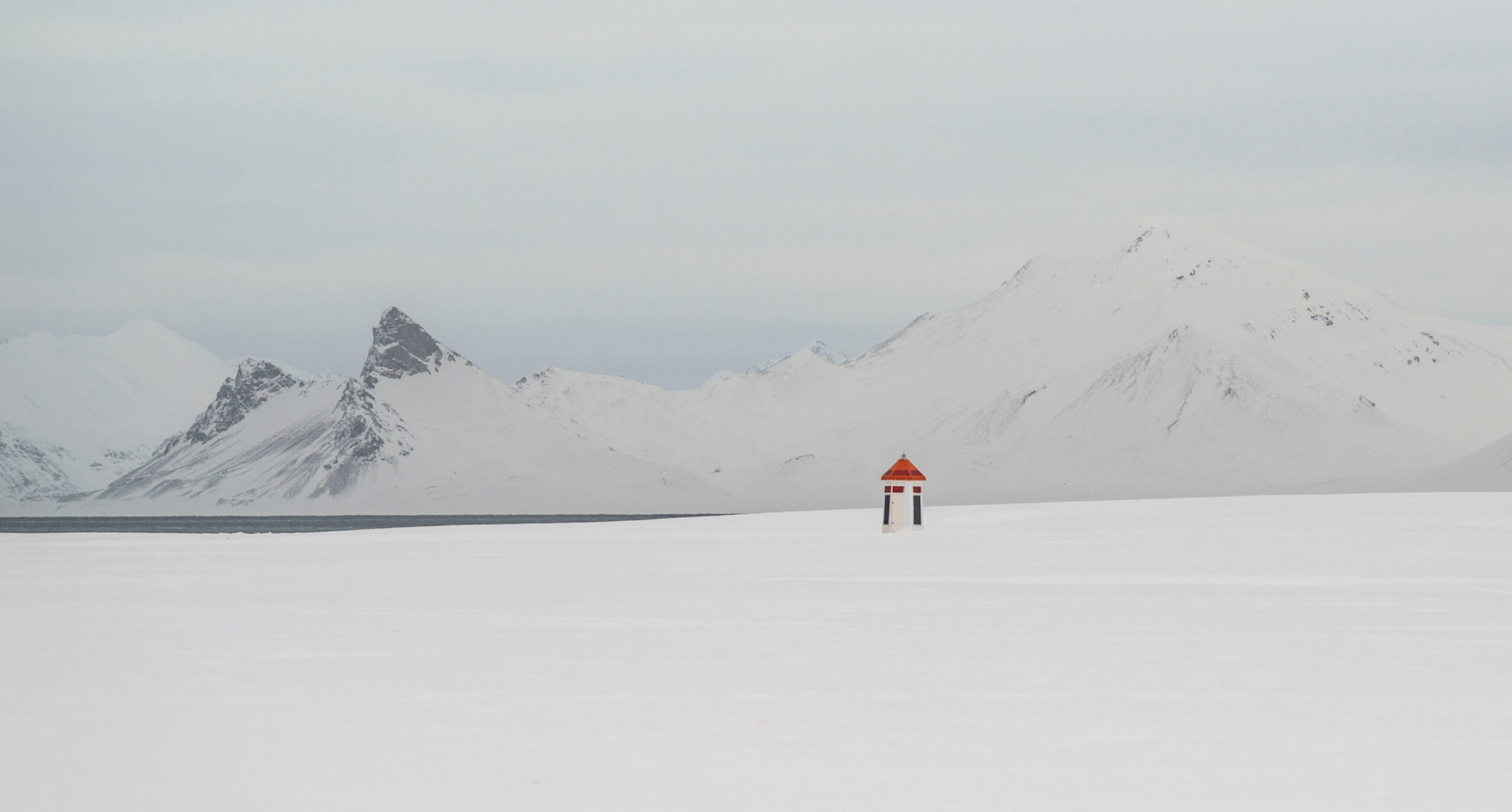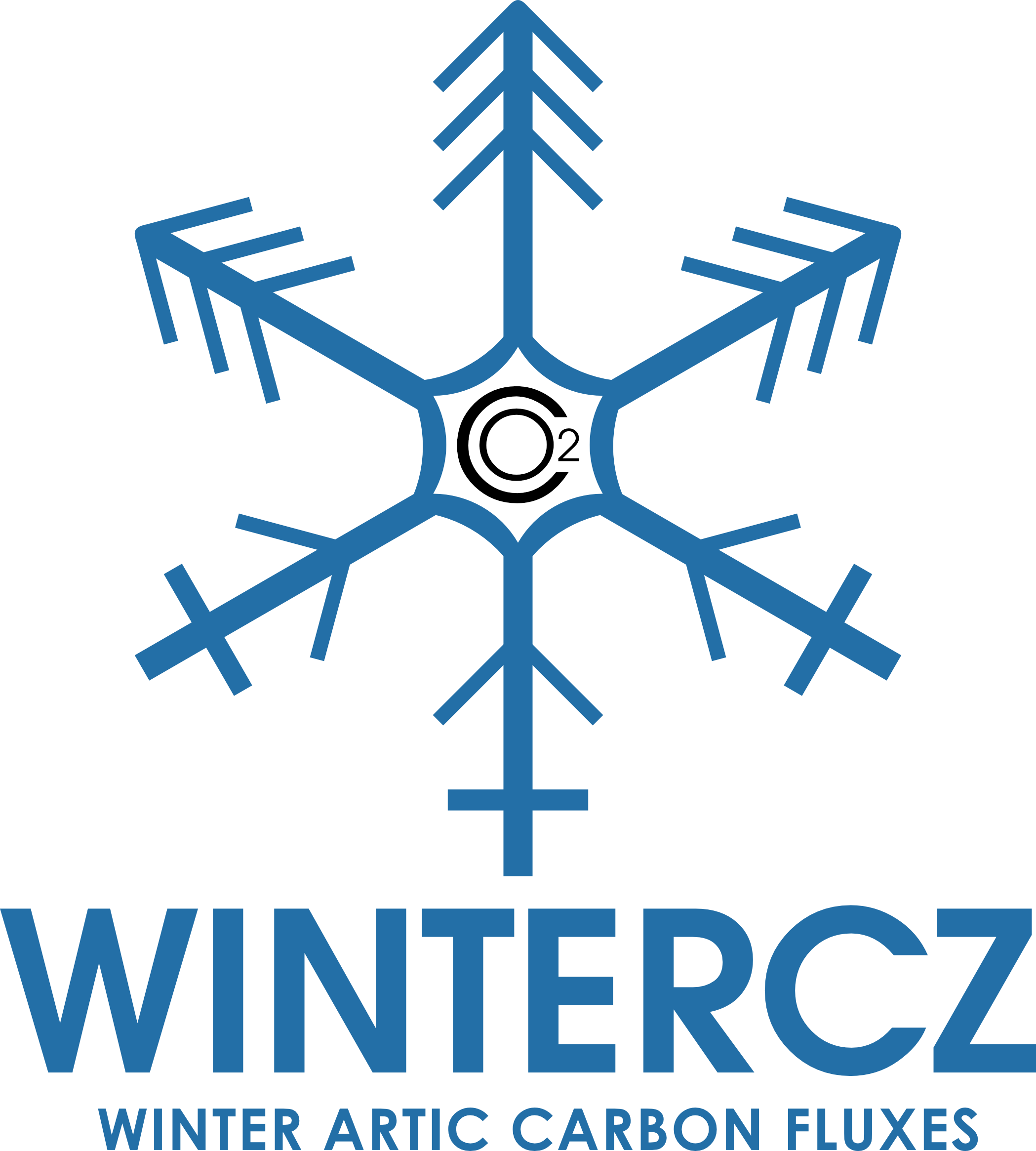The project is managed by a consortium of five partners with complementary expertise.
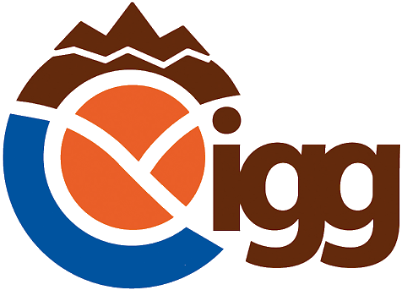
Istituto di Geoscienze e Georisorse (CNR-IGG) – Project coordinator
It manages two Critical Zone observatories in extreme environments (Nivolet Plain, Gran Paradiso National Park; Ny Ålesund, Svalbard). The IGG CZ group, led by Antonello Provenzale, PI of this project, is specialized in measuring and analyzing land-atmosphere gas fluxes from Alpine and Arctic tundra and their relations with climate parameters; chemistry and isotope geochemistry of environmental matrices; data analysis and the development of data-driven and process-based models of the soil-vegetation-water-atmosphere complex (the Critical Zone, CZ). Role: Coordination, instrumental design and implementation, carbon flux and meteorological measurements, soil sampling and analyses, data management, numerical modelling of Critical Zone processes and carbon cycling
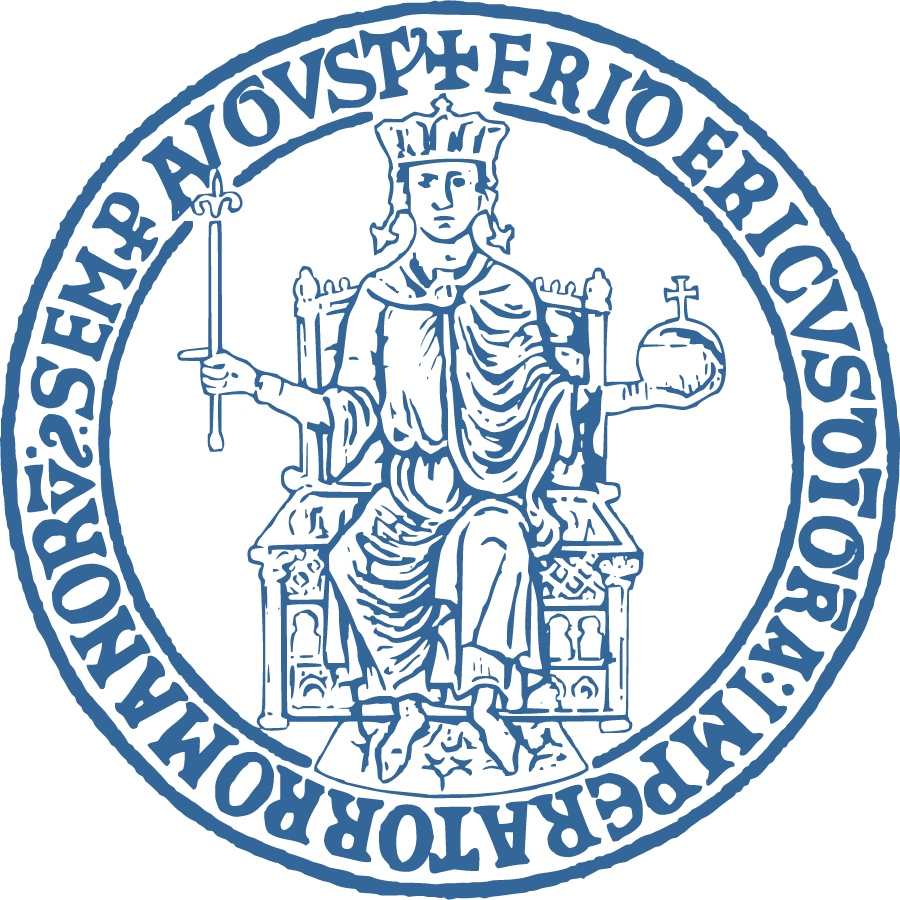
Department of Biology of the University of Naples “Federico II” (UNINA-DB)
It has extensive working experience in remote locations including polar regions, investigating the relationships between changes in biodiversity and ecosystem functioning in response to climate change. UNINA-DB is the home of the first European Master’s Degree program on Biology of Extreme Environments. Prof. Donato Giovannelli leads the group on the study of microbial communities in extreme environments and of their contribution to biogeochemical cycling. This group combines classical microbiology techniques with cutting edge molecular and computational tools to investigate the contribution of dynamics changes to the functional diversity of extremophilic communities.
Role: Microbiological sampling, soil microbial taxonomic and functional analysis, in situ incubation to track microbial metabolic processes, interpretation of microbial processes in winter soil.
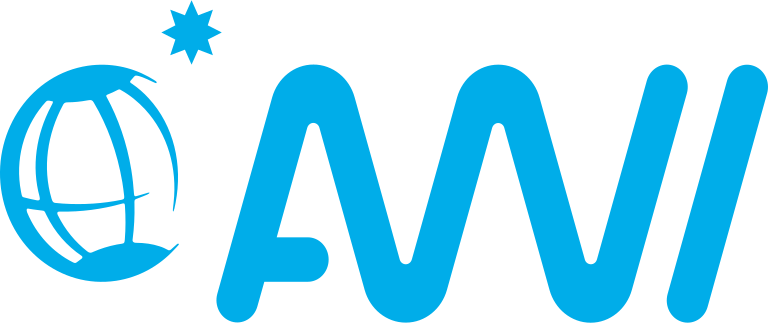
Alfred-Wegener-Institute (AWI)
It is a is a member of the Helmholtz Association. It is active in cold and temperate regions and leads cutting-edge multidisciplinary international research, field and lab work in the bio-, geo- and climate sciences, with the aim to unravel the complex processes of the Earth System. AWI runs excellent infrastructures in the Arctic and Antarctica and is involved in international interdisciplinary collaborations. In AWI, Prof. Dr. Julia Boike leads the “energy and water fluxes research group”, aimed to elucidate major matter and energy cycles in the complex Arctic landscape system, closing the gap between small- and large-scale processes. Specific focuses are long-term monitoring of meteorological and ground conditions at Arctic field sites (Siberia, Svalbard and Canada) and developing process-oriented models for the Arctic permafrost to predict subsurface processes (soil water and heat).
Role: support in instrumental design and implementation, soil and permafrost measurement, analysis of climate change effects on the Arctic environment, process-based modelling of carbon cycling, data management.
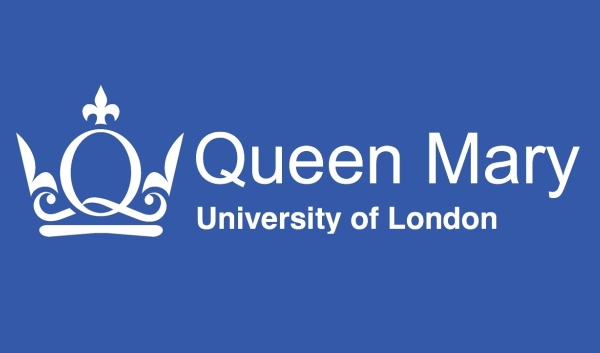
Queen Mary University of London (QMUL)
it is one of the UK’s top-ten Universities. It is committed to upholding world-class research standards and maintains laboratories containing dedicated state-of-the-art geochemical, microbiological and genomics, and high-performance computing facilities. In QMUL, the James Bradley lab focuses on the interactions between microorganisms and their geochemical and physical environment, over timescales from days to millions of years. The lab studies some of the most remote and extreme environments ranging from polar sites (both the Arctic and Antarctica) to the deep ocean, integrating modelling and theory with measurements and experimentation to understand global change and biogeochemical cycles.
Role: support in analysis of microbial-environmental interactions, microbial analysis, microbial and biogeochemical modelling
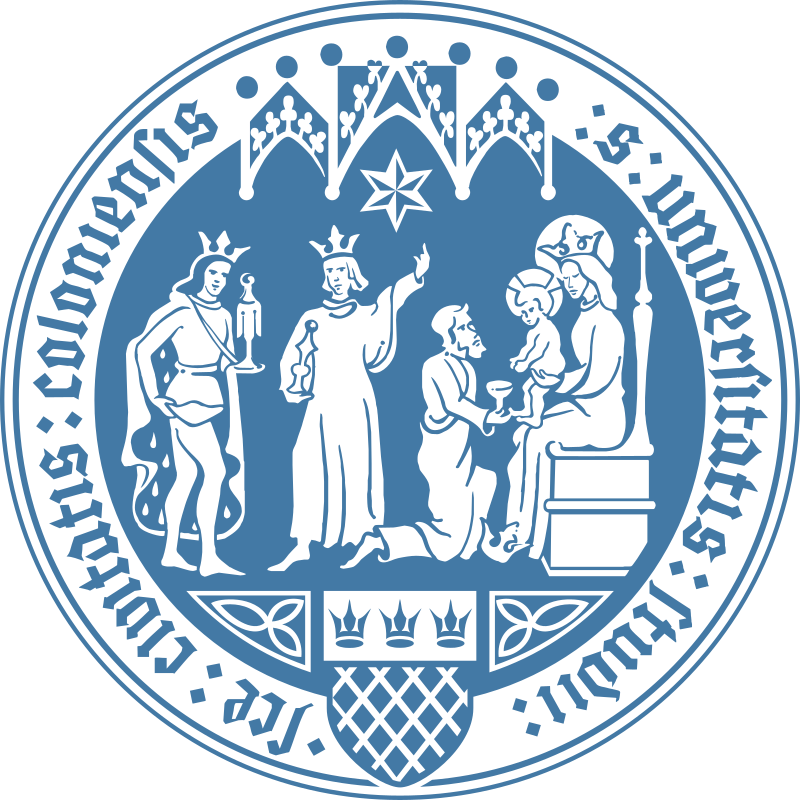
University of Cologne (UoC)
It is one of the oldest and largest universities in Europe. Due to its achievements and the high quality and diversity of its programs, it enjoys an excellent international reputation. UoC missions are to create, preserve and impart knowledge, offer outstanding academic education, promote cutting-edge research and drive innovation. The prof. Rethemeyer lab uses radiocarbon and organic geochemical analyses to investigate carbon cycling in ecosystems, microbial-mediated biogeochemical processes and greenhouse gas fluxes, with a major focus on permafrost areas. Essential aspects are the analysis of organic matter quality, preservation mechanisms, microbial communities, and the assessment of organic matter sources via radiocarbon analysis of CO2 using sampling devices developed by lab members.
Role: support in instrumental design and implementation, analysis of the carbon cycle in permafrost areas.
